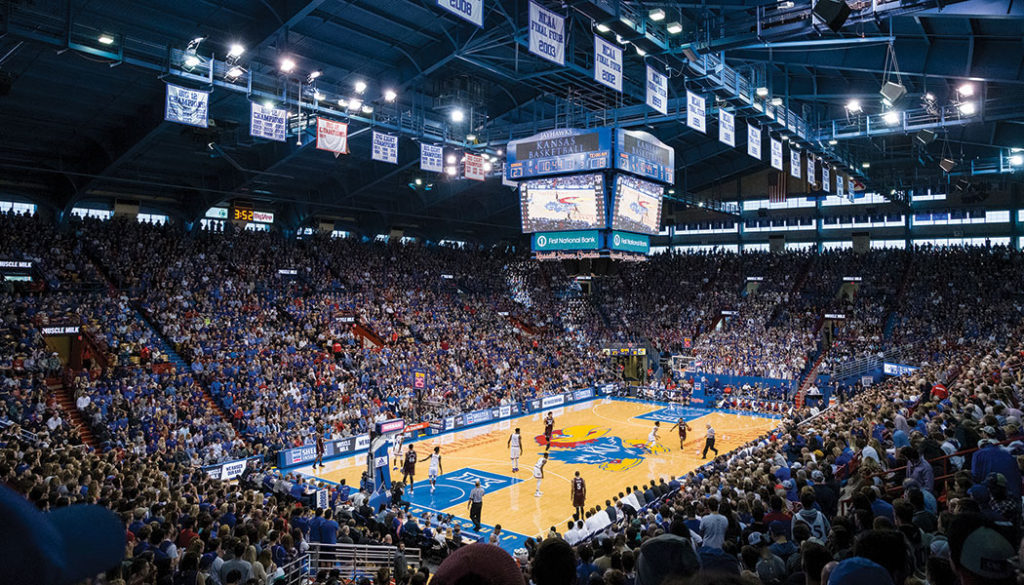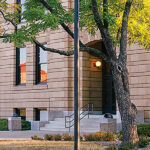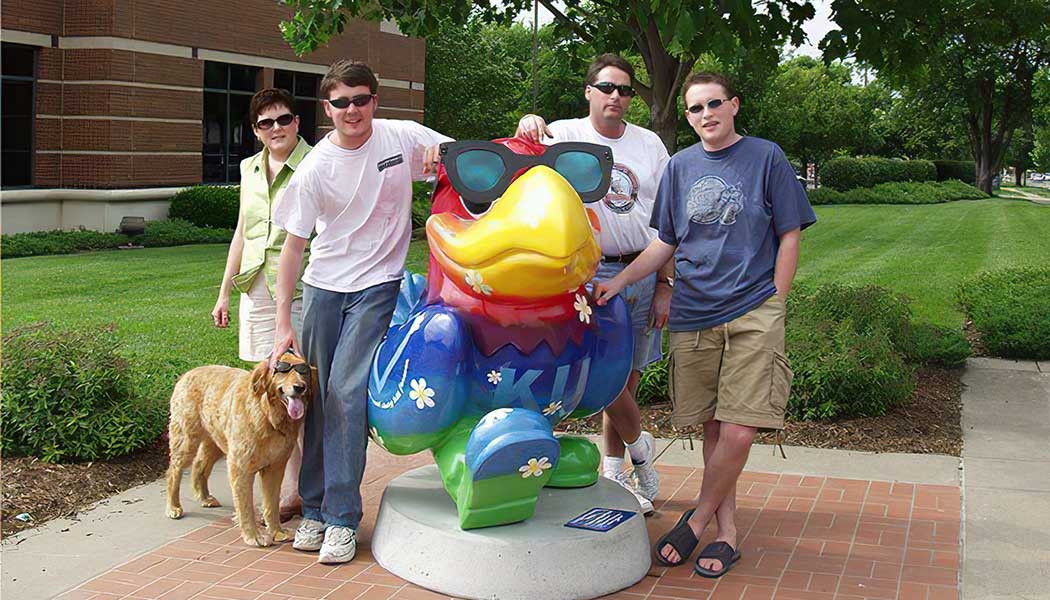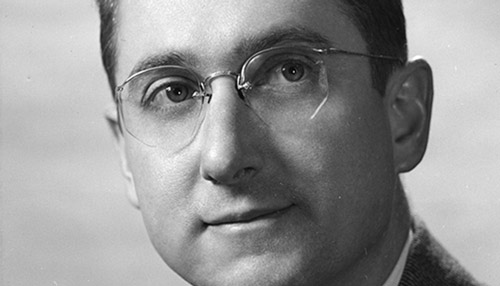KU ‘fiercely’ disputes NCAA allegations
KU disputes NCAA’s ‘aggressive’ allegations, vows to fight

The NCAA on Sept. 23 delivered to the University a formal Notice of Allegations, charging four serious violations related to the men’s basketball program, two lesser allegations against the football program, and “lack of institutional control.”
KU officials have until Dec. 22 to formally respond to the allegations, but shortly after receiving the NCAA document issued strong public denials of the most serious charges.
“The University’s response will fully and comprehensively present its positions regarding the Notice,” according to a news release issued by KU’s Office of Public Affairs. “In the meantime, though, it is already clear from an initial review that the University will fiercely dispute in detail much of what has been presented.”
The football charges, which were self-reported by the University and judged by the NCAA as mid-level violations, involve allegations that, under the previous coaching staff, a video coordinator improperly acted as a coach, exceeding the allowable number of coaches.
The rest of the document centers on what the Kansas City Star described as “the underworld of college basketball recruiting,” the now infamous activities by three Adidas representatives convicted in federal court for payment schemes uncovered by the FBI. The payments, federal trials determined, were designed to direct elite basketball recruits toward schools affiliated with Adidas, including KU. Federal prosecutors designated the schools as victims of the fraud; the NCAA sees otherwise.
KU has made it clear that its defense will focus on the NCAA’s contention that Adidas employees and representatives were acting as boosters of the University’s athletics program.
“First and foremost, the University emphasizes that it emphatically rejects the assertion that Adidas and Adidas employees and associates were boosters and agents of the University … and therefore acting on the University’s behalf when they engaged in alleged violations of NCAA bylaws,” the University stated in its news release.
Along with charging serious violations in the recruitment of three players, the NCAA also called out coach Bill Self and assistant coach Kurtis Townsend by name, and it cited Self for violating “head coach responsibility” provisions of NCAA bylaws.
“We stand firmly behind coach Self and our men’s basketball program,” said Chancellor Doug Girod, “and we will continue to work diligently to do what is right.”
After KU files its response, the NCAA, in turn, has 60 days to present its “state of the case.” At that point, a hearing is scheduled with the NCAA Committee on Infractions, which could take several months to issue its findings.
Should the NCAA rule against KU on the most serious allegations, potential penalties could include loss of scholarships, postseason bans and a suspension for Self, although it is all but certain that KU would appeal any such rulings or penalties.
“By the NCAA’s own admission through its public statements early this summer, it’s no secret that there is tremendous pressure on the NCAA to respond to the federal court proceedings involving college basketball,” Self said, as reported in the University’s Sept. 23 statement. “Compelled to reassure member institutions and the general public that it can police its member institutions, the NCAA enforcement staff has responded in an unnecessarily aggressive manner in submitting today’s unsubstantiated Notice of Allegations, and I, as well as the University, will vigorously dispute what has been alleged.”
ESPN commentator Jay Bilas, a lawyer and vocal critic of the NCAA, noted in a September tweet, “This could take up to a year to adjudicate and, if the NCAA overreaches, could wind up in federal court. This will be a long slog, with more schools to follow.
RELATED ARTICLES
/








